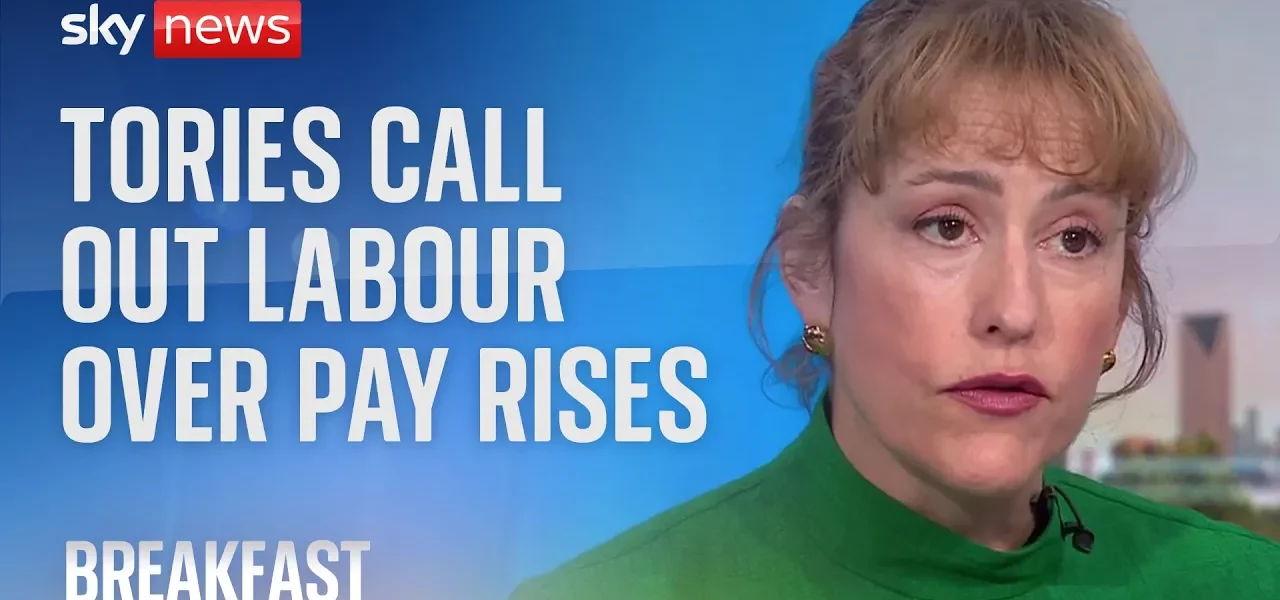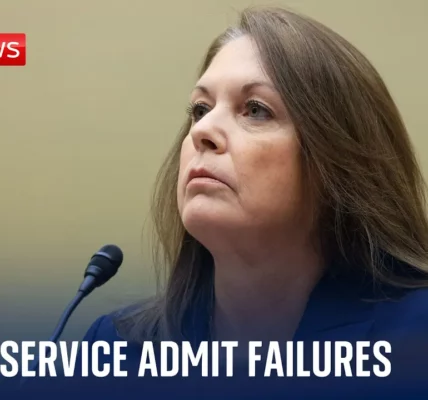Nurses Reject Government’s Pay Rise Offer: An In-Depth Analysis

This article explores the recent decision by nurses to reject the government’s pay rise offer of 5.5%. We delve into the implications of this decision, the context of government pay policies, and how it reflects on the value placed on healthcare professionals.
Introduction
The recent rejection by nurses of a 5.5% pay rise offered by the government has sparked widespread discussion regarding the treatment and valuation of healthcare professionals within the National Health Service (NHS). This decision has been described as foreseeable due to the government’s failure to manage the independent public sector pay process effectively. The ramifications of the previous inflation-busting pay rise granted to junior doctors have created a ripple effect throughout the healthcare workforce, raising significant concerns among nurses and other healthcare professionals about their own worth and recognition in the current system.
The Context of the Pay Offer
The government’s offer of a 5.5% pay rise to nurses has been met with skepticism, particularly in light of the 22% pay increase granted to junior doctors earlier in the year. This situation leads to questions about equity and fairness within the healthcare sector.
Historical Pay Disparities
Nurses have long fought for fair compensation relative to their contributions within the NHS. The following points highlight key aspects of historical pay disparities:
- Junior doctors received substantial pay increases, raising expectations among nurses.
- The lack of productivity improvements accompanying the pay rise for junior doctors has drawn criticism.
- Nurses and other healthcare workers are now questioning why their contributions are not valued similarly.
Government Response and Strategies
The government’s approach to handling pay negotiations has been contentious. When questioned on the management of nurses’ pay, officials have pointed to the complexities in negotiating pay across various healthcare roles.
The Role of the Health Secretary
The Health Secretary’s decisions regarding pay have far-reaching consequences. Key actions include:
- Granting an inflation-busting pay rise to junior doctors without comprehensive reform.
- Ignoring the potential impact of these decisions on other healthcare professionals, particularly nurses.
- Failing to provide a cohesive and equitable pay strategy across the NHS workforce.
Impact on the Healthcare Workforce
The rejection of the pay offer by nurses not only highlights their dissatisfaction but also reflects broader issues within the NHS. This section examines the potential consequences of the current pay negotiations.
Healthcare Morale and Retention
Low morale among healthcare workers can lead to several negative outcomes, including:
- Increased turnover rates among staff.
- Potential strikes and industrial action, disrupting patient care.
- A decline in the quality of care provided to patients due to workforce dissatisfaction.
Calls for Action
As the situation evolves, there are urgent calls for action from both healthcare professionals and the public. Stakeholders are advocating for:
Transparent Negotiations
A need for transparency in pay negotiations is critical to restoring trust. Healthcare professionals want to see:
- Clear communication about pay structures and negotiations.
- Assurances that all healthcare roles receive equitable treatment.
- A commitment to improving working conditions alongside pay increases.
Conclusion
The rejection of the government’s pay offer by nurses is a significant indicator of the current state of the NHS and the value placed on its workforce. As healthcare professionals demand fair recognition for their work, it is crucial for the government to reevaluate its strategies and approach to healthcare pay. Only through equitable treatment and transparent negotiations can trust be rebuilt with the healthcare workforce. For more insights on healthcare policies, check out our related articles on the healthcare workforce and government policies impacting healthcare.
“`




